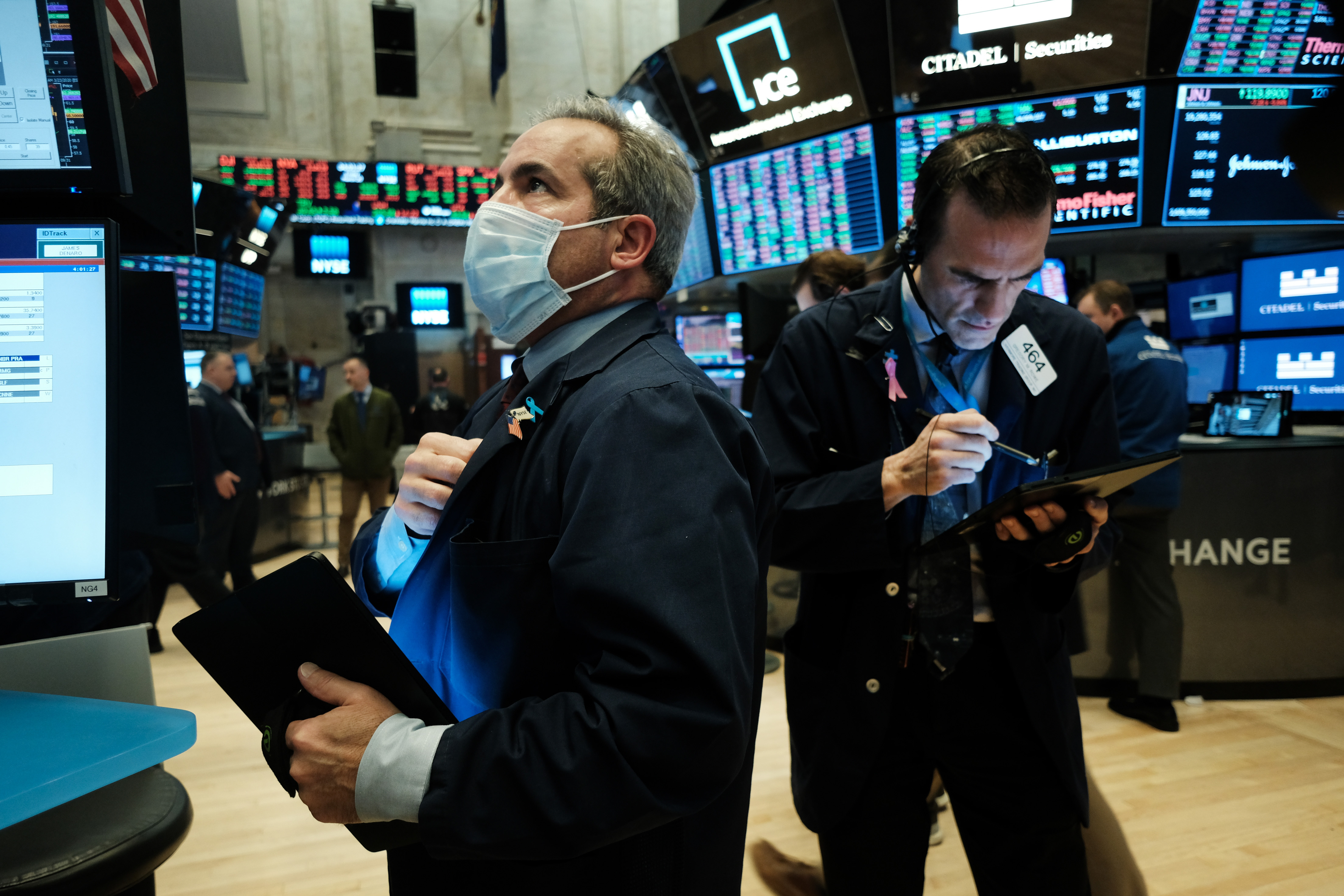FedEx’s warning displays each world economic system and inside shortcomings

In the rapidly evolving landscape of the global economy, it is imperative to understand the intricacies of different economic systems and their inherent shortcomings. FedEx, a renowned multinational courier delivery services company, has provided a warning that sheds light on these issues. In this article, we will delve into the implications of FedEx’s warning and explore the challenges faced by various world economic systems. By gaining a comprehensive understanding of these shortcomings, we can strive towards improving and optimizing our own economic models.
The Significance of FedEx’s Warning
FedEx, being a global industry leader, possesses valuable insights into the complexities and interdependencies within the world economy. Their warning serves as a wake-up call, urging us to scrutinize and address the vulnerabilities present in our economic systems. By paying heed to this cautionary message, we can take proactive steps to enhance economic stability, resilience, and sustainability.
Unveiling the Shortcomings
1. Inequality and Wealth Distribution
One of the prevailing issues faced by numerous economic systems is the unequal distribution of wealth. This imbalance perpetuates social and economic disparities, hindering sustainable development and societal progress. By identifying and rectifying the root causes of wealth inequality, we can foster inclusive growth that benefits all segments of society.
2. Dependence on Global Supply Chains
The interconnectedness of economies through global supply chains has undoubtedly brought immense benefits. However, it has also exposed vulnerabilities, as demonstrated by disruptions caused by natural disasters, political conflicts, or pandemics. Diversifying supply chains and fostering regional self-sufficiency can mitigate the risks associated with over-reliance on certain regions or countries.
3. Environmental Sustainability
The environmental impact of economic activities cannot be ignored. Many economic systems exhibit inefficiencies in resource utilization, contributing to ecological degradation and climate change. By embracing sustainable practices and transitioning towards greener alternatives, we can pave the way for a more environmentally conscious and resilient global economy.
4. Technological Advancements and Job Displacement
Rapid technological advancements, while fostering innovation and productivity, also pose challenges to the labor market. Automation and artificial intelligence have the potential to displace jobs, leading to unemployment and socio-economic unrest. Nurturing a skilled workforce through continuous education and adaptation can help mitigate the adverse effects of technological disruptions.
The Path Towards Improvement
To address these shortcomings and propel our economic systems forward, a collective effort is required. Governments, businesses, and individuals must collaborate to foster innovation, inclusivity, and sustainability. Here are some key strategies to consider:
1. Embracing Sustainable Development Goals
Aligning economic policies and practices with the United Nations’ Sustainable Development Goals (SDGs) can provide a guiding framework for comprehensive and sustainable growth. The SDGs encompass a broad range of objectives, including poverty eradication, gender equality, and climate action, ensuring a holistic approach towards development.
2. Promoting Responsible Business Practices
Businesses play a pivotal role in shaping economic systems. By adopting ethical and socially responsible practices, companies can contribute to positive change. This includes fair treatment of employees, environmental stewardship, and engaging in philanthropic initiatives that uplift communities.
3. Investing in Research and Development
Continual investment in research and development (R&D) is crucial to drive innovation and find solutions to pressing economic challenges. By allocating resources to R&D initiatives, governments and businesses can fuel technological advancements, spur economic growth, and create new opportunities for employment.
4. Strengthening International Cooperation
Given the interconnected nature of the global economy, fostering collaboration and cooperation among nations is paramount. International forums, such as the World Trade Organization (WTO) and the International Monetary Fund (IMF), play a vital role in facilitating dialogue, negotiation, and the establishment of frameworks that promote fair trade, financial stability, and economic cooperation. Strengthening these institutions and fostering multilateral partnerships can lead to more robust and resilient global economic systems.
5. Investing in Education and Skills Development
As technology continues to reshape industries, the demand for a skilled and adaptable workforce grows. Investing in education and skills development is paramount to equip individuals with the necessary tools to thrive in a rapidly evolving economy. By providing accessible and quality education, vocational training, and lifelong learning opportunities, we can ensure that individuals are prepared to navigate the challenges and seize the opportunities of the future.
6. Encouraging Entrepreneurship and Innovation
Entrepreneurship and innovation are key drivers of economic growth and transformation. Governments should create an enabling environment that nurtures entrepreneurship, supports startups, and encourages innovation through incentives, funding programs, and regulatory frameworks. By fostering a culture of creativity and entrepreneurship, we can unlock new avenues for economic development and job creation.
7. Prioritizing Infrastructure Development
Investments in infrastructure are essential for sustainable economic growth. Well-designed and efficient infrastructure systems, such as transportation networks, energy grids, and digital connectivity, form the backbone of thriving economies. By prioritizing infrastructure development, governments can enhance productivity, attract investments, and improve the overall competitiveness of their economies.
Conclusion
FedEx’s warning serves as a reminder that no economic system is immune to shortcomings and vulnerabilities. By acknowledging and addressing these issues, we can work towards building more resilient, inclusive, and sustainable economic models. Through concerted efforts, embracing sustainable practices, promoting responsible business conduct, investing in education and innovation, and strengthening international cooperation, we can overcome the challenges and forge a brighter future for global economic systems.





